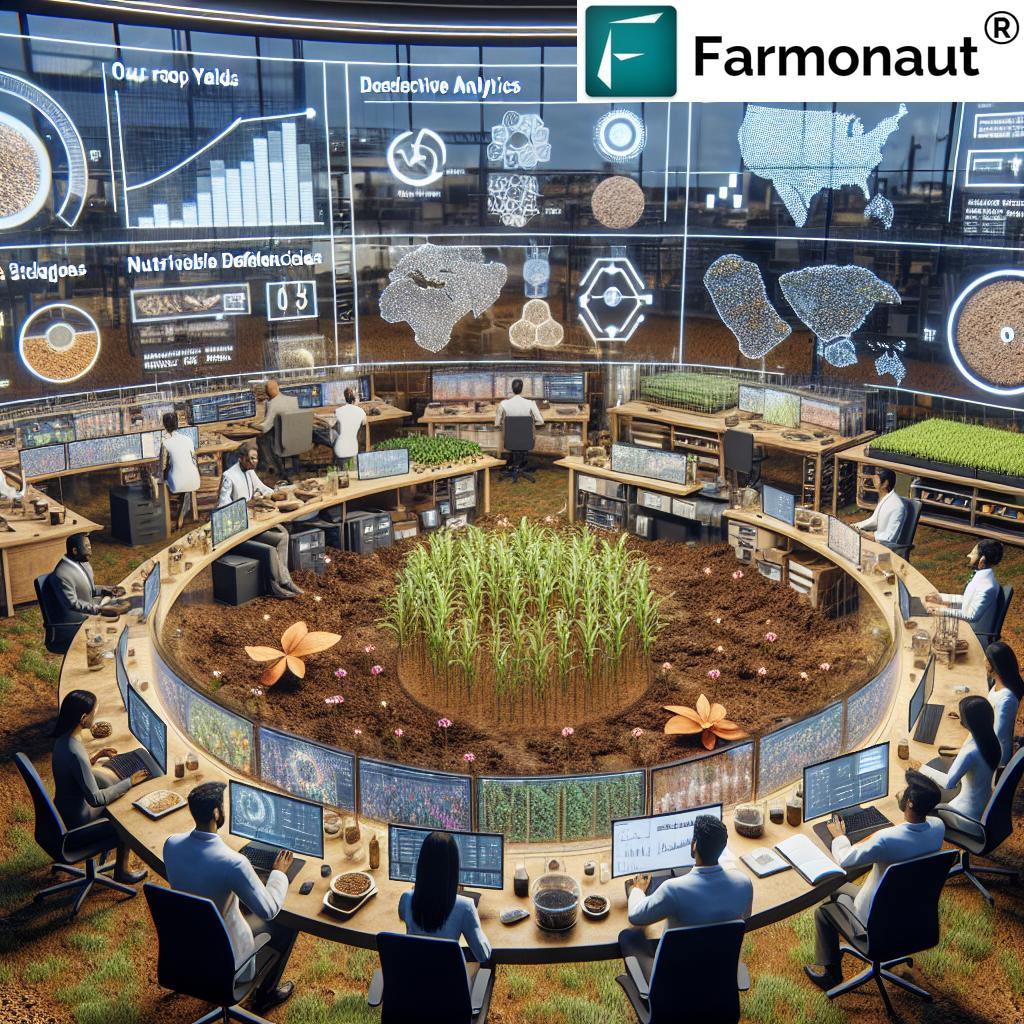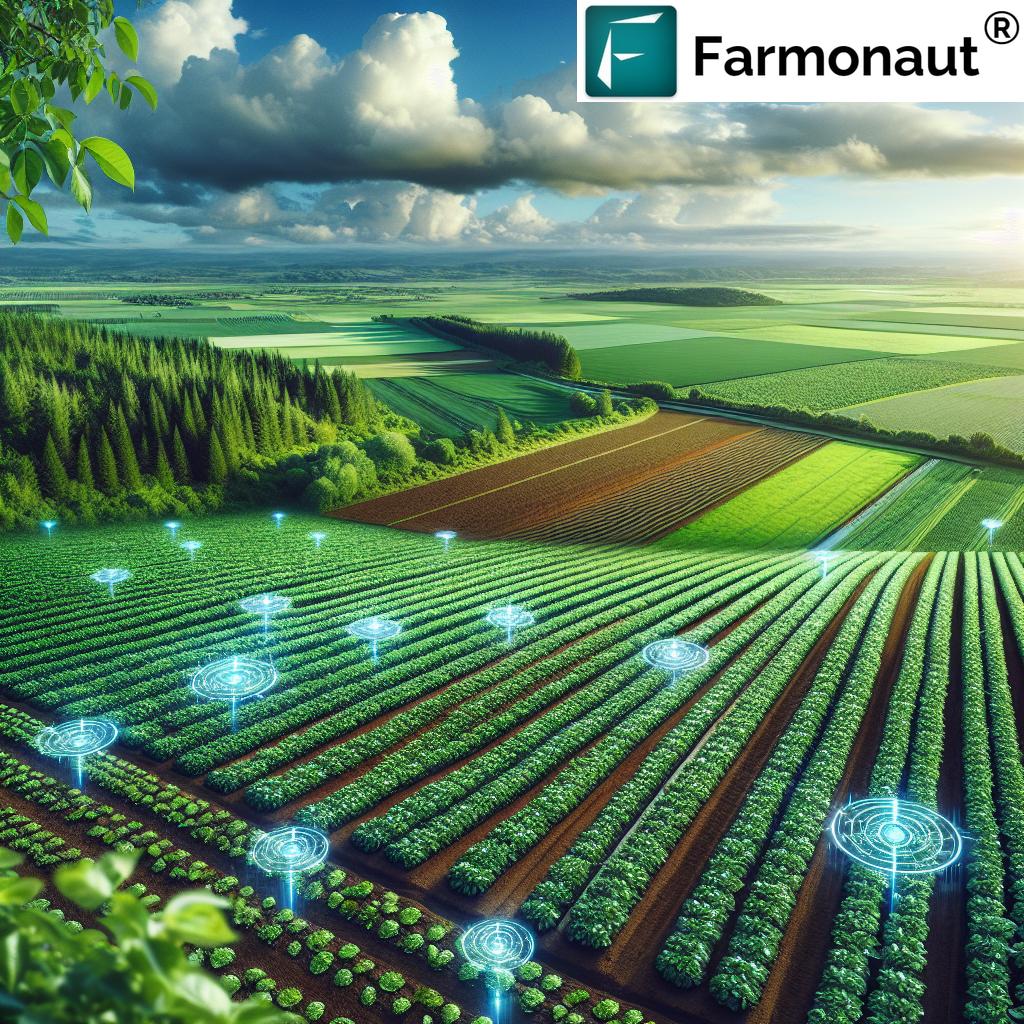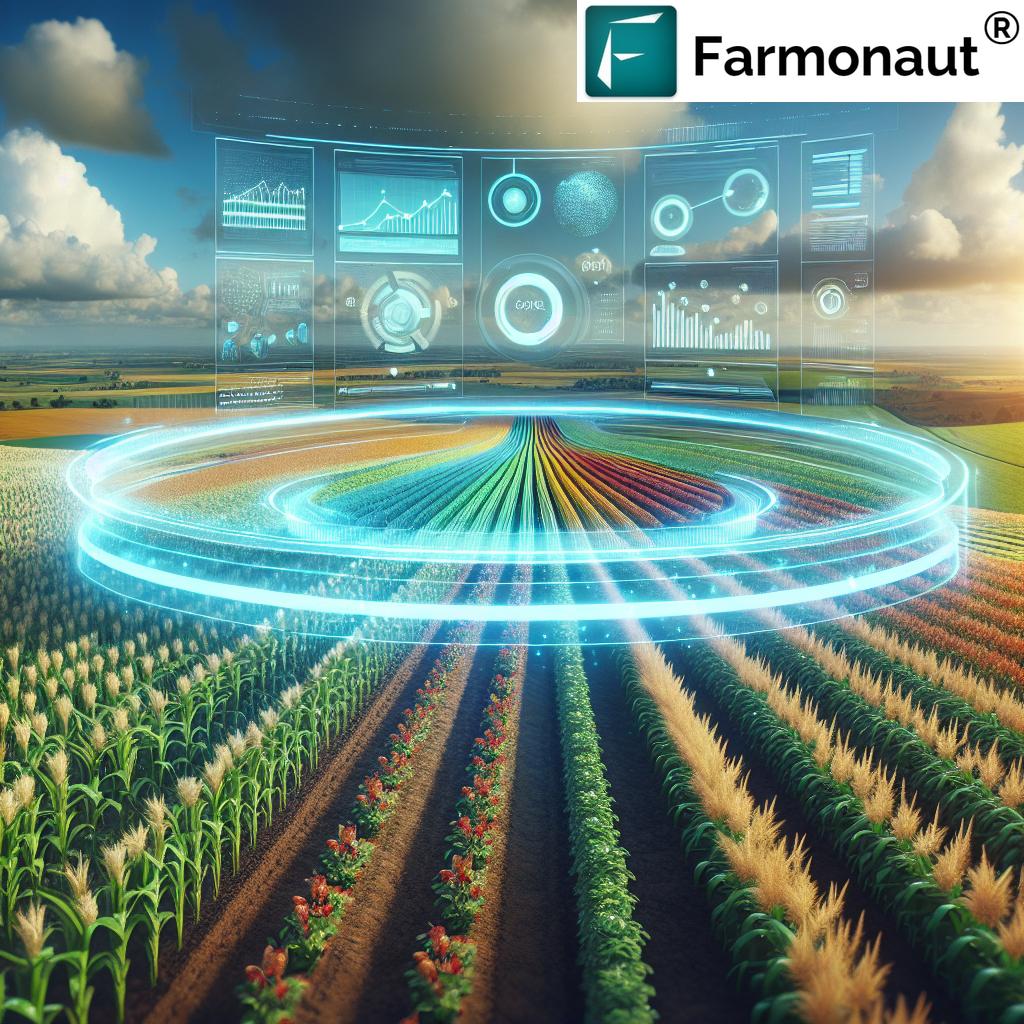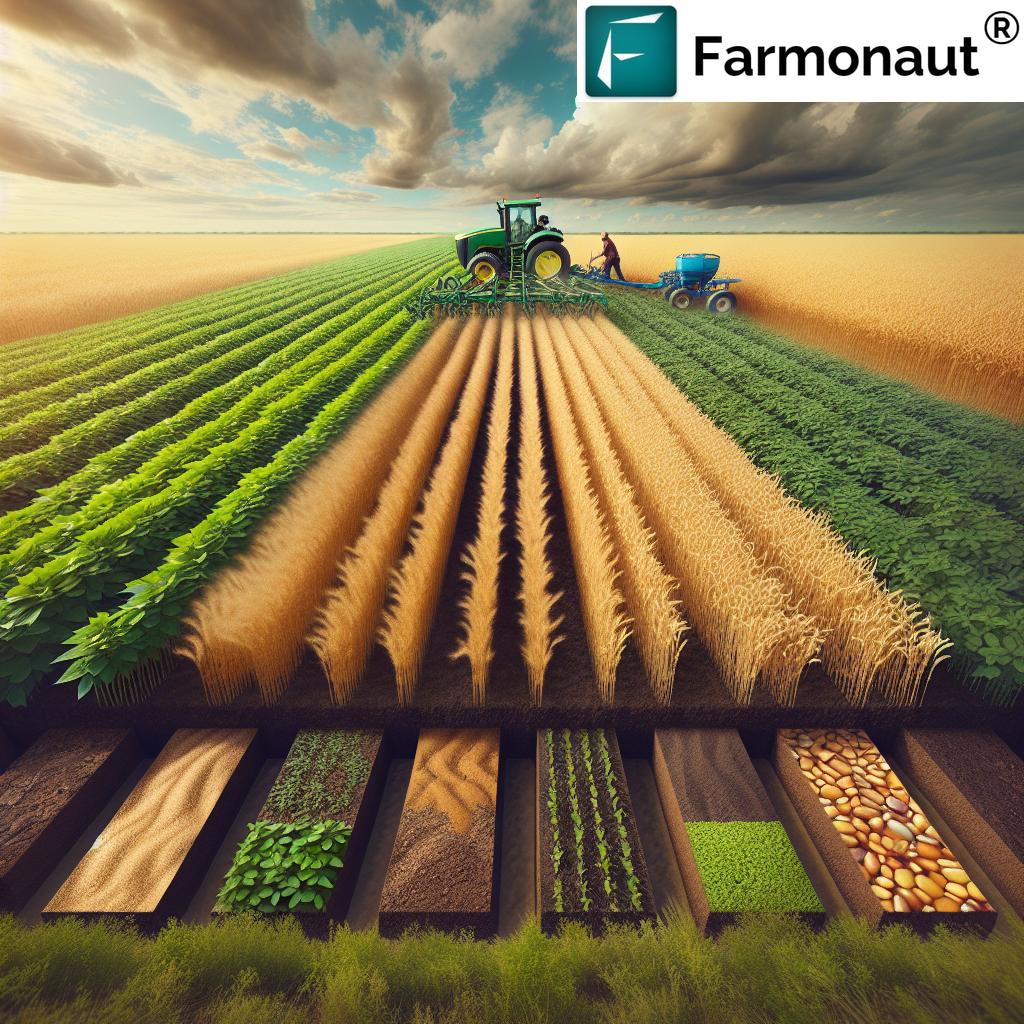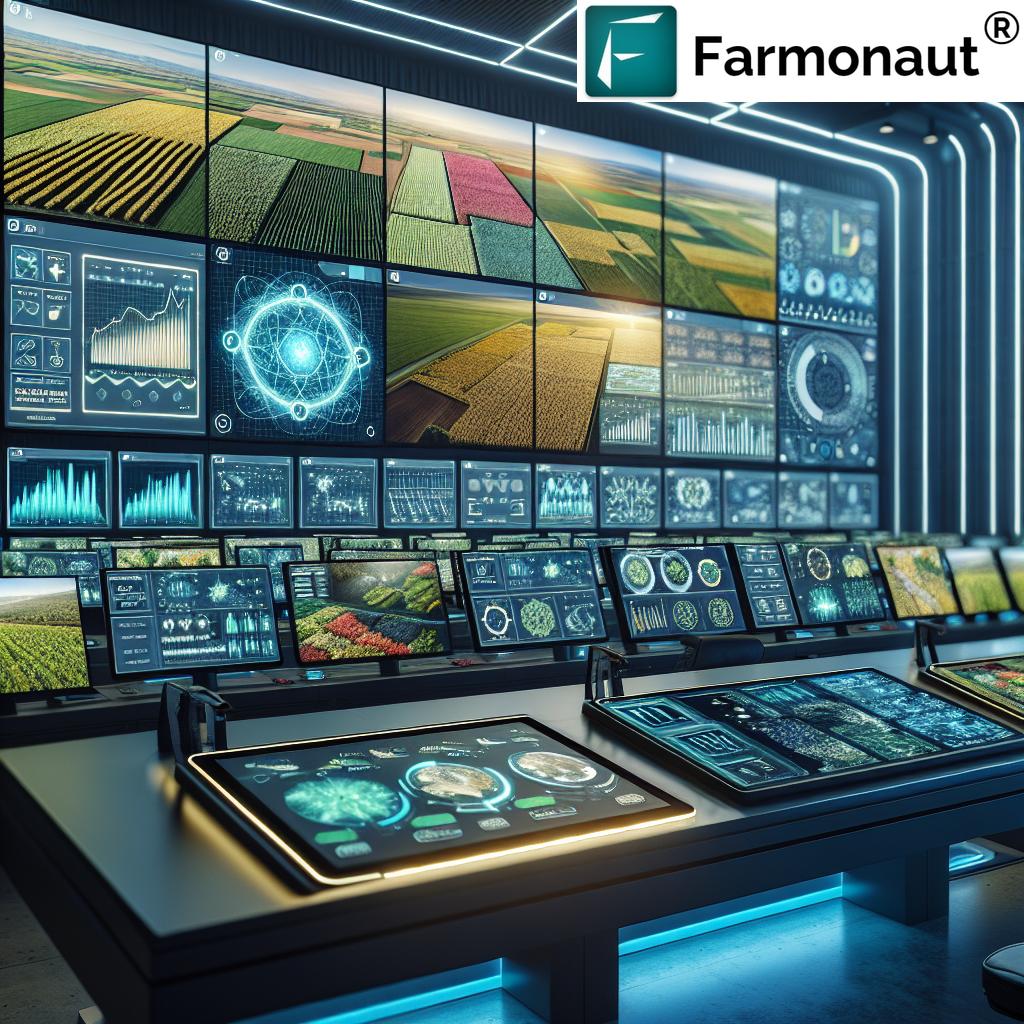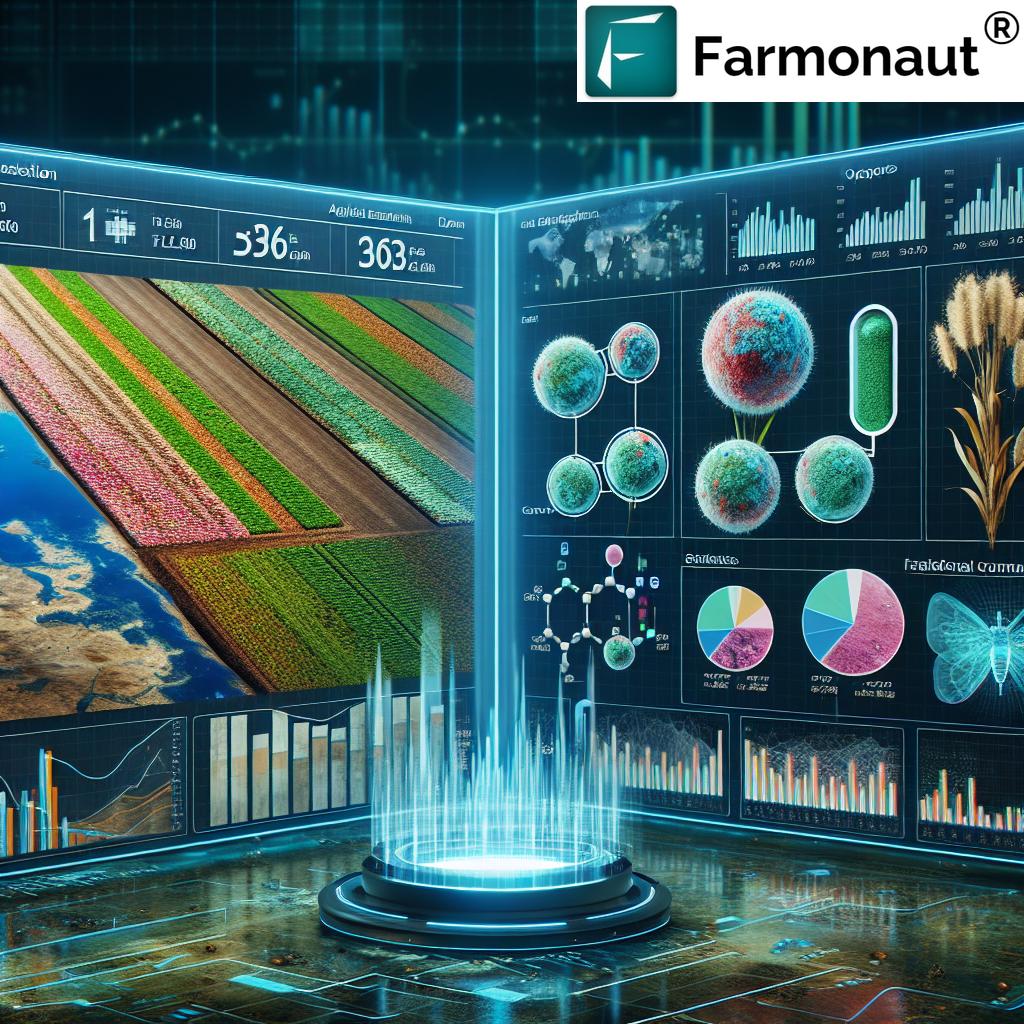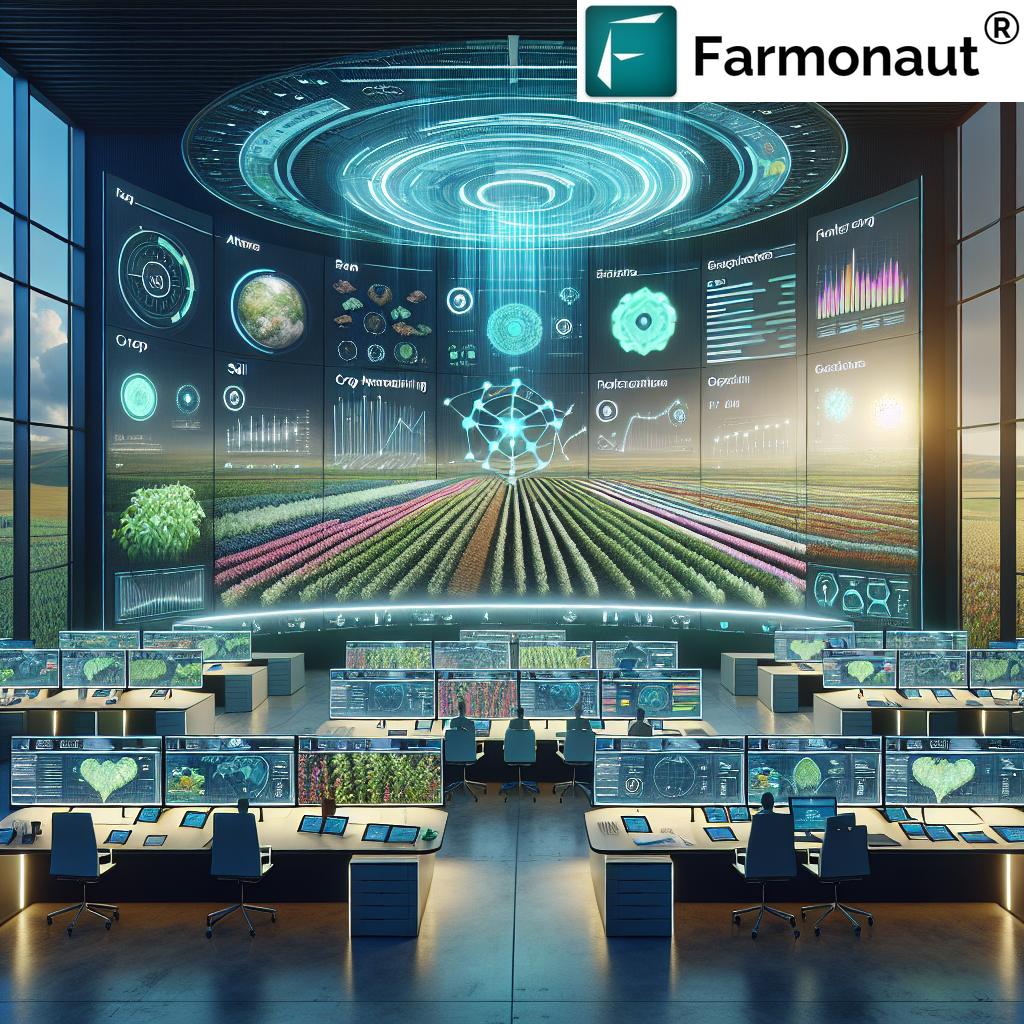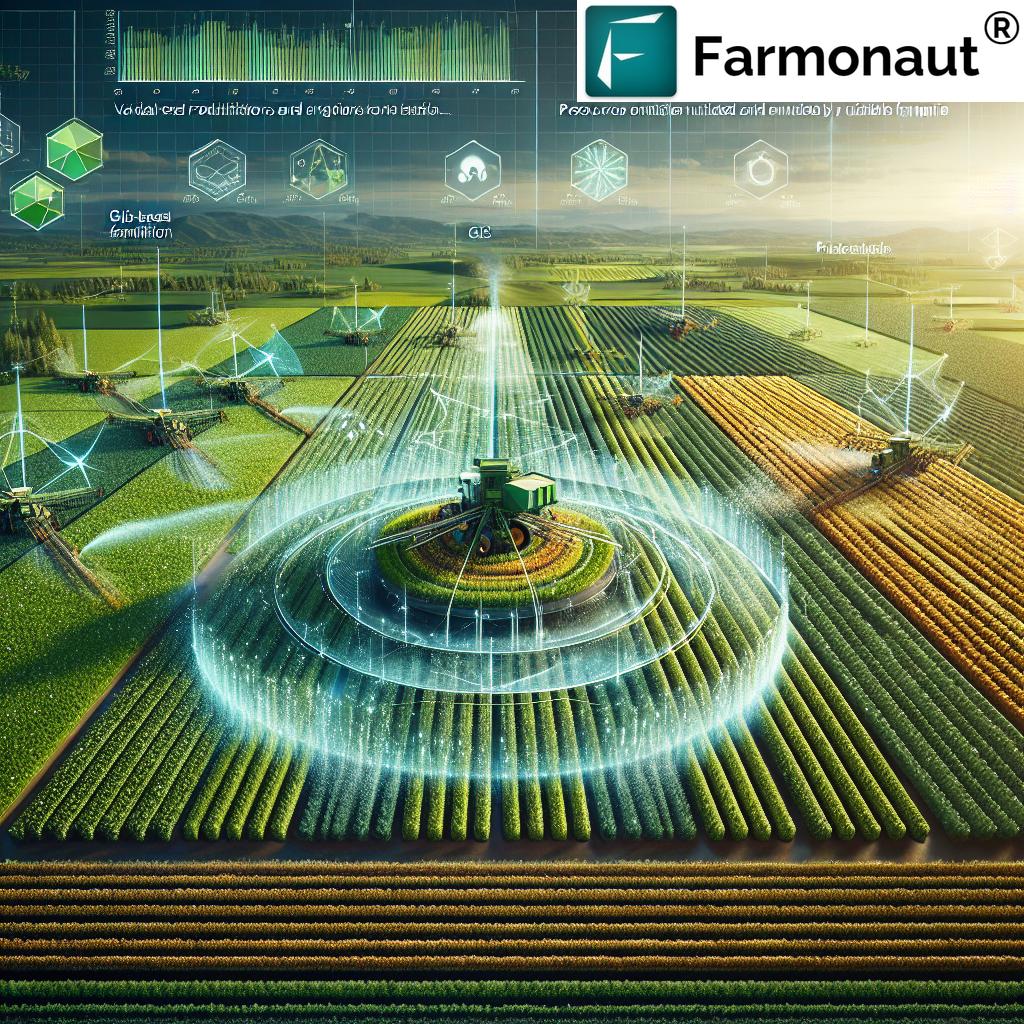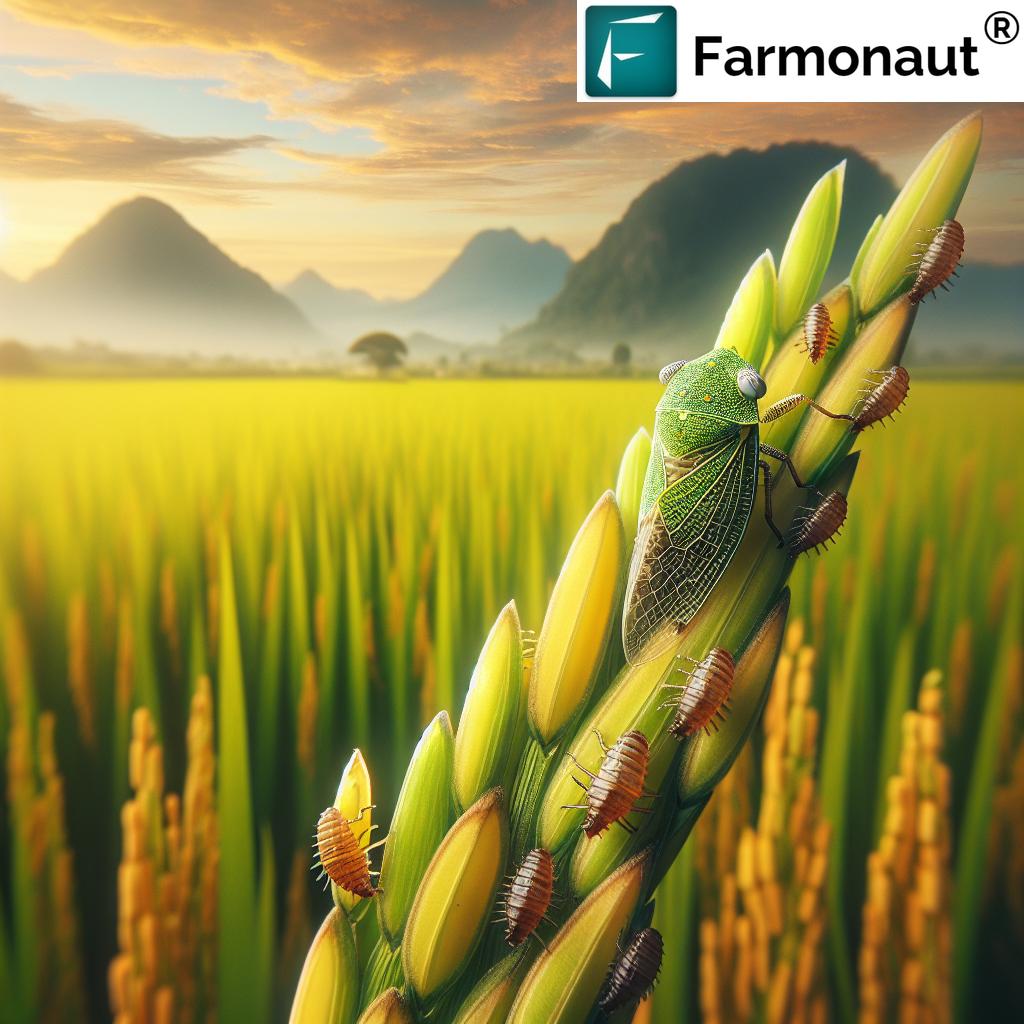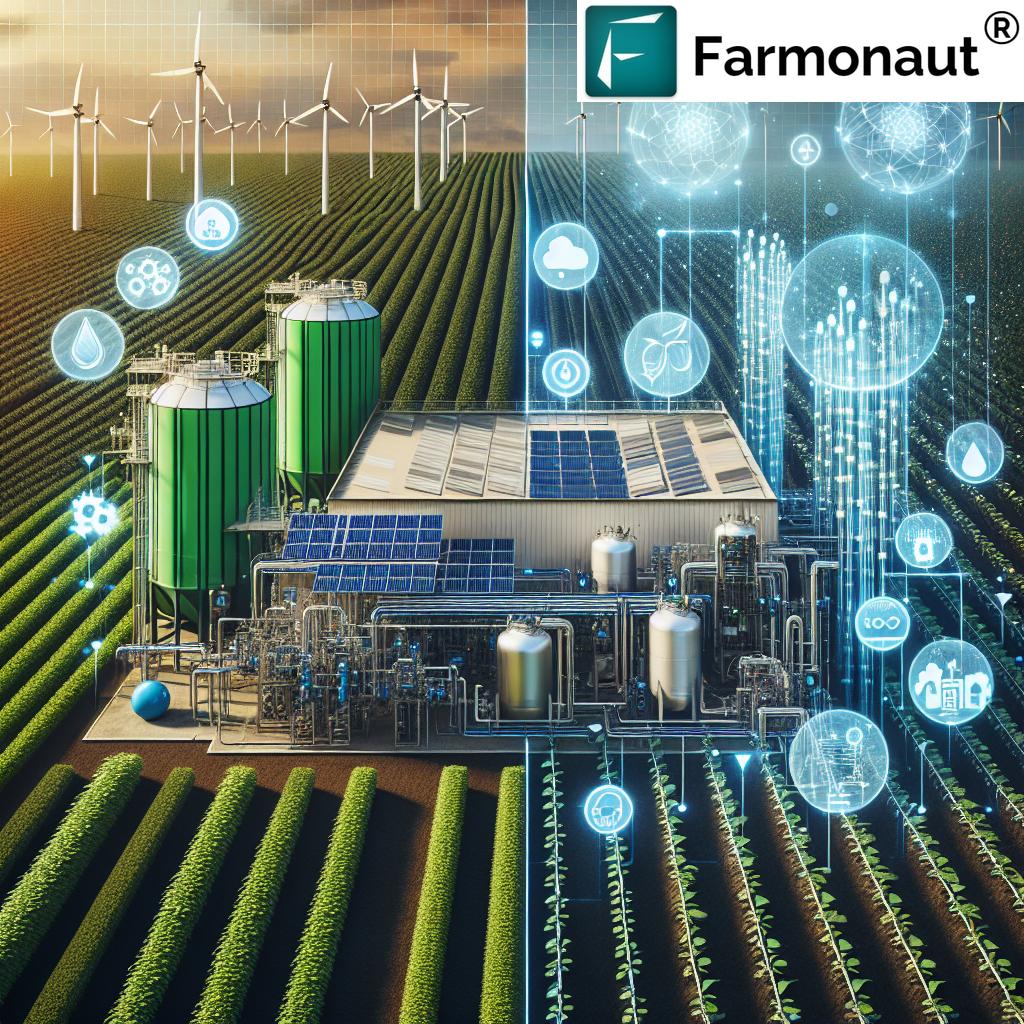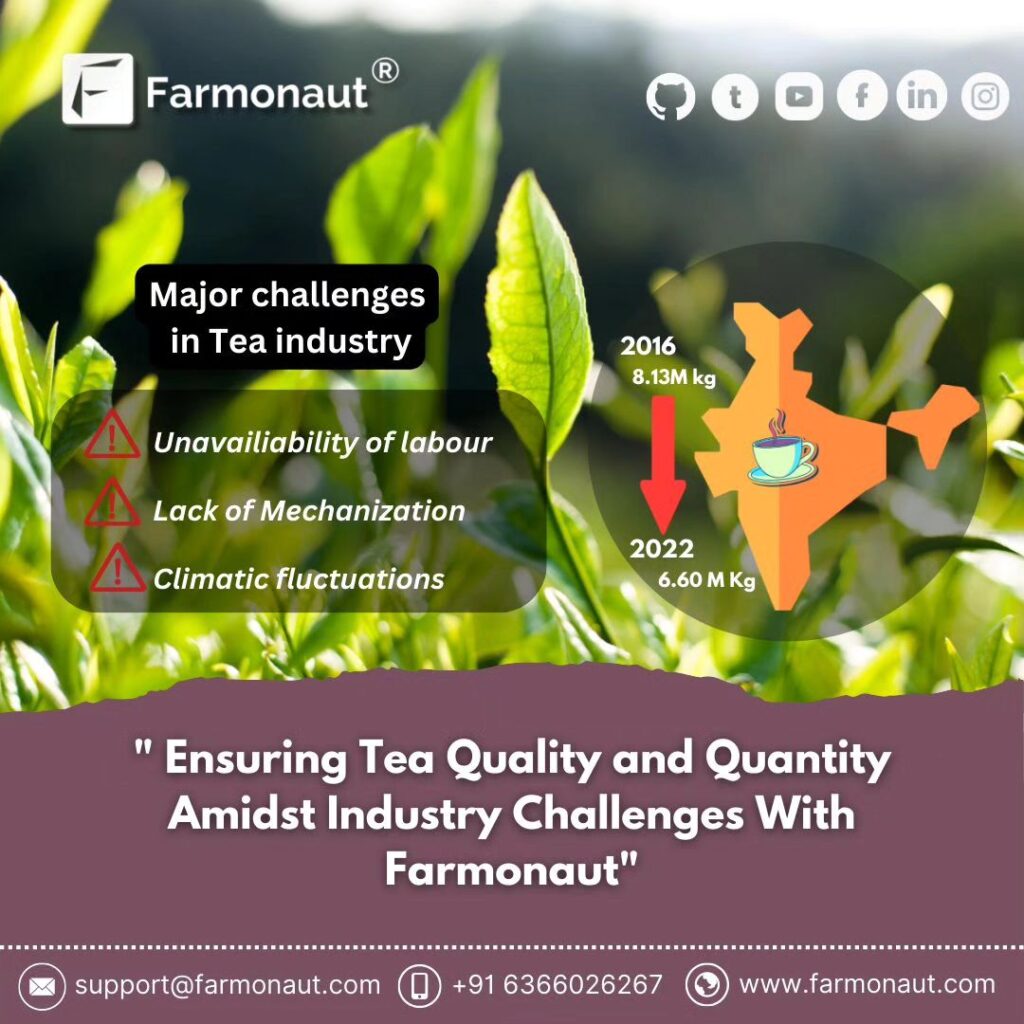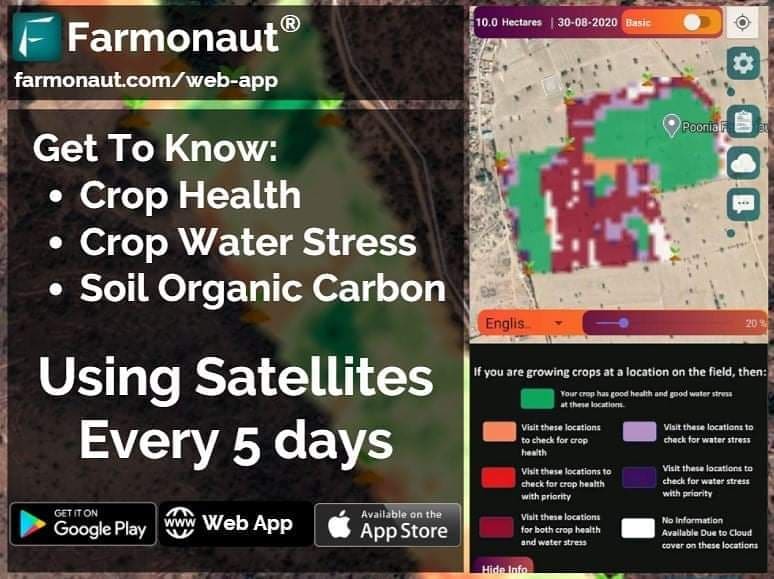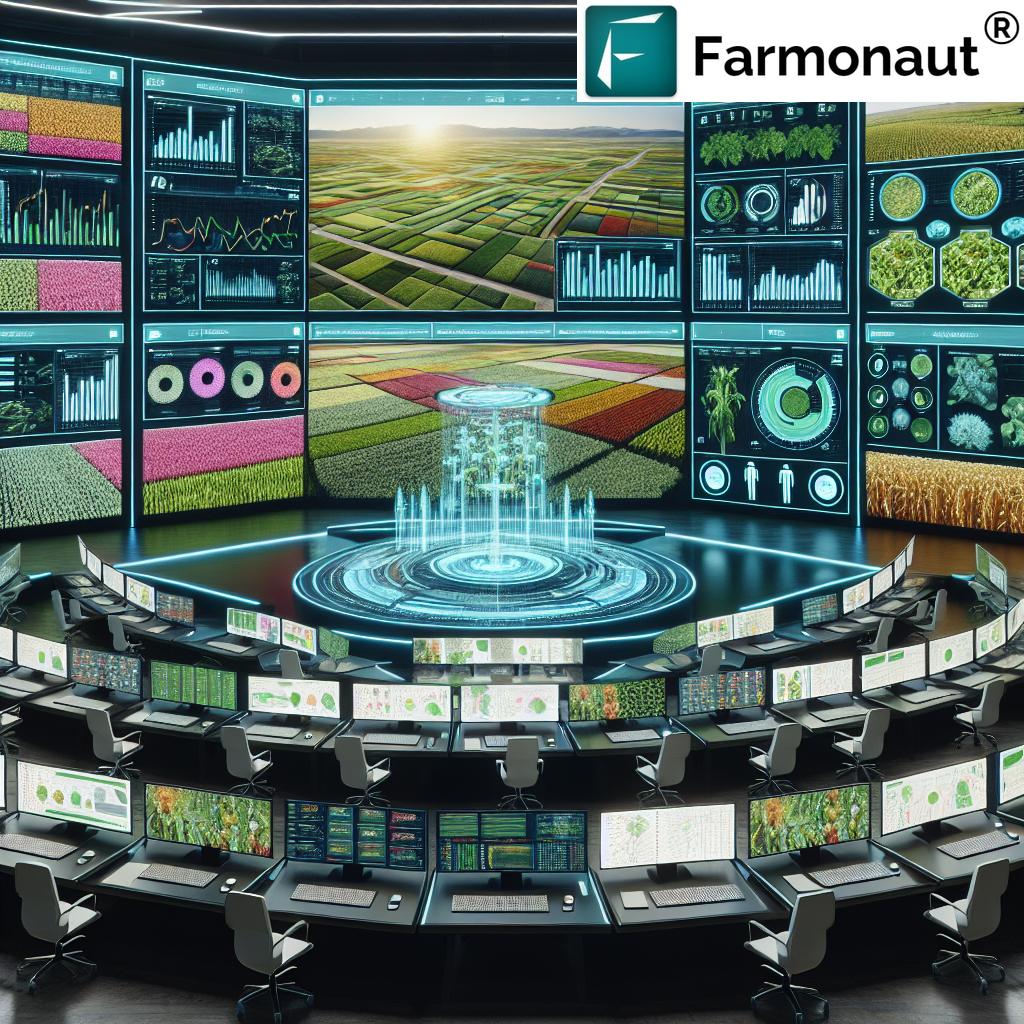AI for Fertilizer Optimization: Boost Yields Instantly!
“AI-driven fertilizer optimization can increase crop yields by up to 20% while reducing fertilizer costs by 15%.”
Introduction: The Era of AI in Fertilizer Optimization
Artificial Intelligence (AI) is revolutionizing agriculture as we know it. In recent years, the role of fertilizer optimization in sustainable farming systems has taken center stage. We’ve entered a new age of technology & innovation where farmers can leverage data, powerful analytics, and precision farming technologies to make smarter decisions about applying fertilizers—ultimately boosting yields, reducing costs, and advancing environmental sustainability.
AI transforms traditional methods, providing real-time, site-specific recommendations based on detailed soil health analysis, weather patterns, crop growth stages, and historical nutrient uptake. This isn’t just about boosting profits; it’s about optimizing agricultural productivity while reducing the environmental footprint of fertilizer use.
As we explore AI for fertilizer optimization in this comprehensive guide, we’ll uncover how cutting-edge technologies drive efficiency, cost savings, increased yields, and eco-friendliness. Let’s examine how platforms like Farmonaut and AI-driven systems are revolutionizing the way we grow and nourish crops!
“Over 60% of farmers using AI report improved soil health and more sustainable fertilizer application practices.”
Understanding Fertilizer Optimization
Fertilizer optimization is the science and strategy behind applying the right type and quantity of fertilizer at the appropriate time and place to meet specific nutrient requirements for each crop stage. Traditionally, recommendations relied on general guidelines—often resulting in over-application (leading to fertilizer waste, water pollution, and increased greenhouse gas emissions) or under-application (causing nutrient deficiencies and reduced crop yields).
The key to modern, sustainable agriculture lies in:
- Understanding soil nutrient levels and crop uptake patterns
- Analyzing environmental factors like weather, topography, and moisture
- Applying fertilizers with surgical precision, only where and when crops need them
- Minimizing negative impacts like nutrient runoff and soil degradation
This is where AI in agriculture dramatically outperforms old-school methods. With AI-driven insights, we can collect and process big data from our fields—leading to strategies that are both data-driven and tailored for each unique farm environment.
Key Outcomes of Fertilizer Optimization
- Boosted Crop Yields: Precision nutrient application enhances growth, leading to optimal harvests.
- Reduced Fertilizer Costs: Avoiding excess application lowers waste and saves money.
- Environmental Sustainability: Limiting runoff and emissions maximizes long-term soil fertility and protects our waterways.
- Smarter Decision-Making: Data analysis enables informed, proactive management of our fields and crops.
AI Addresses the Core Challenges:
- Tailoring recommendations to local conditions via soil, crop, and satellite data
- Enabling real-time, in-season monitoring and correction for nutrient deficiencies
- Facilitating sustainable practices to reduce input use while maintaining or increasing yields
Key AI Technologies in Fertilizer Optimization
Let’s explore the major AI technologies and systems that are driving precision fertilizer optimization in today’s agriculture. By integrating data from multiple sources, platforms such as Farmonaut provide a game-changing combination of actionable insights and advanced analytics.
1. Soil Health Analysis with AI
Soil health analysis is foundational for optimal fertilization. AI-powered sensors, big data platforms, and remote sensing technologies assess:
- Nutrient levels (nitrogen, phosphorus, potassium, and micronutrients)
- Soil pH and organic matter content
- Moisture content and availability
- Microbial activity impacting nutrient cycling
AI platforms (like Farmonaut) process this information, delivering precise recommendations on when and how to apply various fertilizers. This leads to more efficient nutrient use and swift correction of any deficiencies, ultimately boosting yields while improving environmental sustainability in agriculture.
2. Predictive Analytics for Crop Yields & Nutrient Needs
Predictive analytics for crop yields leverages machine learning to process both historical and real-time data:
- Past crop yields and fertilizer applications
- Current weather patterns
- Phenological crop data
- Soil test data and remote-sensed imagery
These AI-powered platforms predict the optimal timing, type, and quantity of fertilizers needed for each field and crop type, aligned to specific growth stages. By doing so, we avoid costly mistakes and maximize our returns.
3. Precision Fertilization & GPS-Guided Application
Precision agriculture tools equipped with AI and GPS guidance enable variable-rate fertilization:
- Each zone in a field receives only the fertilizer it needs, based on mapped soil and crop characteristics
- Reduced overlap and waste
- Long-term data creation for ongoing optimization
These technologies are central to truly data-driven crop management.
4. Remote Crop Monitoring with AI Drones and Satellite Imagery
AI-powered drones and satellite imagery (including large-scale farm management solutions) bring remote crop monitoring to a new level! With visual and multispectral sensors, we can quickly:
- Identify areas with nutrient deficiencies, pest infestations, or crop stress
- Target fertilizer applications only to those zones
- Monitor recovery after fertilizer application, ensuring effectiveness
Farmonaut’s crop health monitoring service harnesses satellite data on vegetative vigor and soil moisture for precise, scalable oversight.
5. AI-Driven Sustainability Recommendations
Modern AI platforms also parse long-term field, crop, and soil data to recommend environmentally sustainable fertilization practices. This can include:
- Alternative nutrient sources and carbon footprinting to track emissions
- Guidelines for minimizing fertilizer-induced runoff
- Analytics supporting the traceability of products for eco-labeling and market access
Analyzing these complex data sets allows us to move beyond short-term gain and achieve true sustainability in agriculture.
Farmonaut: Revolutionizing AI for Fertilizer Optimization
At Farmonaut, we are at the forefront of AI-driven fertilizer optimization and remote crop monitoring. Our platform combines artificial intelligence, agricultural satellite imagery, machine learning, and blockchain to bring farmers and agribusinesses a holistic, data-driven crop management ecosystem.
- Satellite-Based Crop Monitoring: Using multispectral satellites, we analyze vegetation health (NDVI), soil moisture, and field-level nutrient deficiencies. This actionable data helps timely, targeted fertilization.
- AI Advisory Systems (Jeevn AI): Our proprietary advisory tool delivers personalized recommendations for fertilizer and irrigation based on current crop conditions and local weather.
- Blockchain Traceability: Farmonaut’s blockchain solutions enable supply chain security and trust. This transparency is crucial for sustainable, certified agri-products.
- Fleet & Resource Management: We let agribusinesses manage their fleets and farm machinery more efficiently, maximizing field operations and reducing energy costs.
- Carbon Footprint Tracking: Users can evaluate emissions and optimize fertilizer strategies for climate-smart agriculture.
- Scalable API & App Access: Our mobile, web, and API solutions (API access, developer docs) make advanced insights available to farmers, enterprises, and fintech worldwide.
Who Benefits from Farmonaut?
- Farmers: Individual or cooperative owners access real-time, crop-specific recommendations at affordable rates, enhancing productivity and reducing fertilizer costs.
- Agribusinesses: Large-scale farms manage everything from planting to resource allocation with precision farming technologies.
- Government & NGOs: Stakeholders use satellite and weather analytics to drive broad-based agricultural sustainability initiatives.
- Financial Institutions: Our satellite-based crop verification helps secure loans and insurance for farmers by reducing risk and fraud.
- Corporate Clients: Blockchain-backed product provenance supports reliable, premium supply chains.
Benefits of AI in Fertilizer Optimization
Integrating AI technologies for fertilizer optimization fundamentally transforms agricultural productivity. Here’s how we benefit:
- Increased Efficiency: Precision fertilization applies nutrients only where and when they’re needed, cutting down waste and boosting overall field performance.
- Cost Savings: With data-driven recommendations, fertilizer use is streamlined—often yielding 15-25% savings on input costs across various crops and regions.
- Improved Crop Yields: With accurate nutrient management, crops reach their full genetic potential—increasing both yields and product quality.
- Environmental Sustainability: Targeted fertilization dramatically lowers nutrient runoff into water bodies, protects biodiversity, and cuts greenhouse gas emissions.
- Actionable Insights: Our integrated analytics empower farmers to spot upcoming risks and adjust in real-time—whether it’s a weather shift, a pest outbreak, or a growth-stage nutrient requirement.
By adopting AI for fertilizer optimization, we’re making strides in building an agriculture sector that’s more resilient, efficient, and sustainable.
Comparative Table: AI-Based Fertilizer Optimization vs. Traditional Methods
| Method | Estimated Crop Yield Increase (%) | Estimated Cost Savings (%) | Environmental Impact | Ease of Implementation |
|---|---|---|---|---|
| Traditional Fertilizer Application | 0–5% | 0–5% | Moderate/High pollution risk (minimal fertilizer reduction) | Easy (but lacks precision and adaptability) |
| AI-Driven Fertilizer Optimization | 10–20% | 15–25% | High reduction in runoff and fertilizer use (20–30%+); enhanced sustainability | Moderate (requires initial setup and data integration) |
Challenges in Implementing AI and Data-Driven Fertilizer Optimization
While AI in agriculture presents immense promise, there are some common challenges to wide-scale adoption:
- High Initial Costs: Investing in sensors, connectivity, and analytics platforms can present a hurdle for smallholder farmers.
- Data Privacy Concerns: Some farmers may be hesitant to share proprietary field, crop, or yield data—raising security concerns.
- Technical Expertise: Effective use of AI systems demands training and ongoing support, often lacking in rural areas.
- Connectivity Issues: Cloud-based platforms depend on stable internet access, which isn’t universally available in all farming regions.
At Farmonaut, we address these with:
Affordable subscriptions, mobile-responsive solutions, API flexibility, and support for multi-user levels.
Our approach ensures the democratization of precision farming technologies—empowering users irrespective of their location or farm size!
Future Outlook: Scaling AI, Big Data & Environmental Sustainability
As more agritech startups innovate and scale, we foresee AI and big data becoming mainstream across global agriculture. Anticipated trends include:
- Integration with Renewable Energy: AI-powered irrigation and fertilization run on solar or other green energy sources, promoting both efficiency and sustainability.
- Blockchain for Data Security: Enhanced transparency and traceability, critical for value chains and certification—a prime use case for Farmonaut’s traceability solution.
- API-Driven Ecosystems: Broader access through APIs, connecting satellite insights, weather data, and farm management across platforms and geographies. Discover our Farmonaut API for seamless integrations.
- AI for Carbon Footprinting: Large-scale deployment of features like real-time carbon footprint tracking—helping meet compliance and sustainability goals.
- Affordability and Accessibility: Leaders like Farmonaut are committed to lowering technology barriers for all stakeholders.
As this ecosystem matures, stakeholders—producers, processors, consumers, and regulators—will benefit from safer, more efficient, and more sustainable agriculture.
Farmonaut: Making Precision Agriculture Accessible & Affordable
Farmonaut’s mission is to make the benefits of AI for fertilizer optimization available to all, via accessible apps and APIs:
- Web, iOS & Android App: Access our platform anywhere—explore NDVI maps, nutrient alerts, and targeted growth recommendations on your smartphone or PC.
- API and Developer Hub: Build your own agri-software, fintech, or cooperative dashboards with Farmonaut’s Satellite/Weather API (see developer docs).
- Fleet & Resource Management: Large agribusinesses can now streamline vehicle use and deploy field operations at the optimal time and zone with our fleet management tool.
- Crop Loans & Insurance: Secure your farm financing and insurance based on transparent, satellite-verified data for improved access to credit and fraud reduction.
All products are designed to be intuitive, mobile responsive, and scalable so you can start small and grow with our precision solutions.
Farmonaut Subscription Plans
Frequently Asked Questions
Q1. What is fertilizer optimization, and why is AI important?
Fertilizer optimization is the process of matching the right type and amount of fertilizer with each crop’s nutritional needs based on real-time monitoring, ensuring efficiency and environmental stewardship. AI is crucial because it brings precision, data, and automation to this process, delivering improved crop yields, cost savings, and sustainability.
Q2. How does Farmonaut contribute to fertilizer optimization?
Farmonaut offers a seamless blend of satellite imagery, AI analytics, and advisory systems for smart, targeted fertilization. Our platform empowers farmers and agribusinesses to make data-driven decisions, maximize returns, and reduce environmental impact through actionable insights.
Q3. What are the main benefits of using AI-driven fertilizer optimization over traditional methods?
- Increased yields (up to 20%)
- Lower input costs (up to 25% savings)
- Significantly reduced runoff and emissions
- Smarter, more efficient use of resources
Q4. Are these AI technologies accessible to smallholder farmers?
Yes! At Farmonaut, we prioritize affordability, mobile access, and flexibility. Regardless of farm size, everyone can benefit from precision farming—starting with just a smartphone!
Q5. How secure is my farm or crop data on these platforms?
Security and privacy are crucial. With blockchain-based traceability and robust encryption, Farmonaut ensures your data is safe, transparent, and only accessible to authorized users.
Q6. How do I access Farmonaut’s services for my farm or business?
Simply download the app for Android or iOS, visit the web platform, or integrate our API for your business needs.
Q7. What if I want to build custom solutions or dashboards with Farmonaut data?
Use our robust API and developer docs to access satellite, weather, and crop monitoring data for custom agri-app developments.
Conclusion: A Greener, More Efficient Agricultural Future
The future of agriculture is digital, optimized, and sustainable. With AI for fertilizer optimization, we’re ushering in an era of enhanced yields, cost savings, data-driven crop management, and environmental stewardship. Platforms like Farmonaut are empowering us all—farmers, agribusiness leaders, and policy-makers alike—to harness technology for smarter decisions and a healthier planet.
Let’s boost productivity and protect our natural resources by embracing AI in agriculture today!





